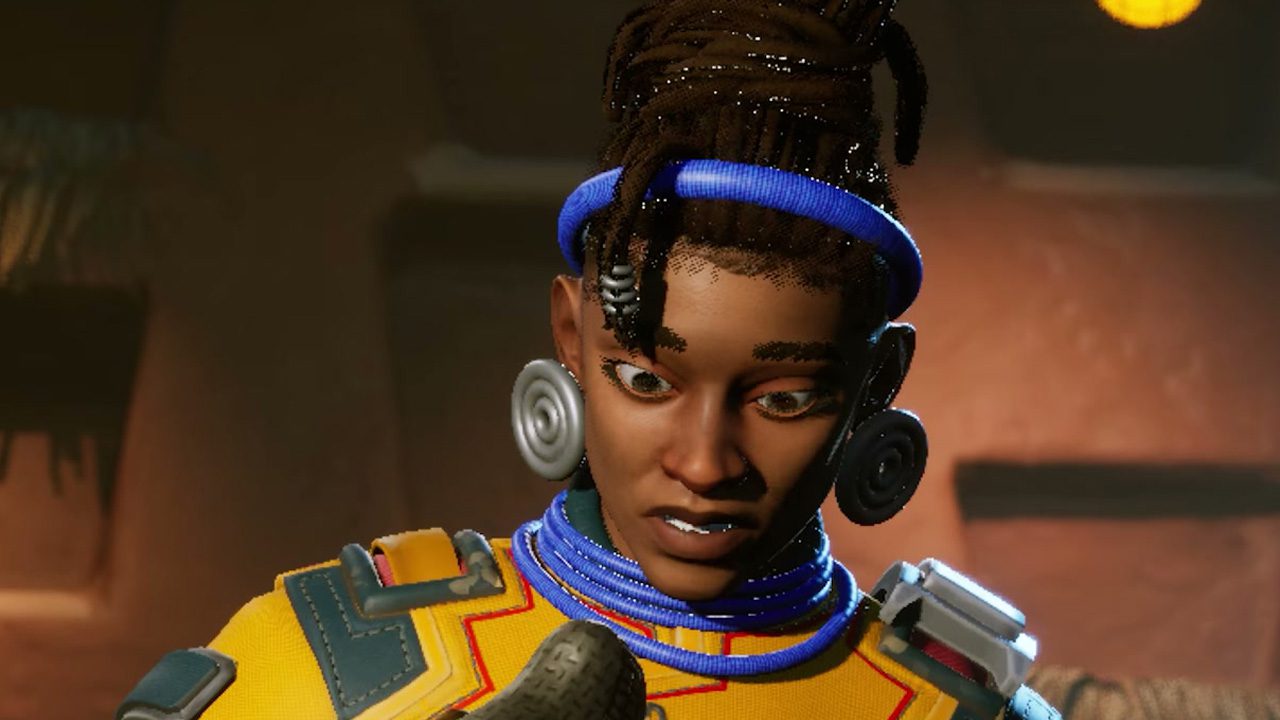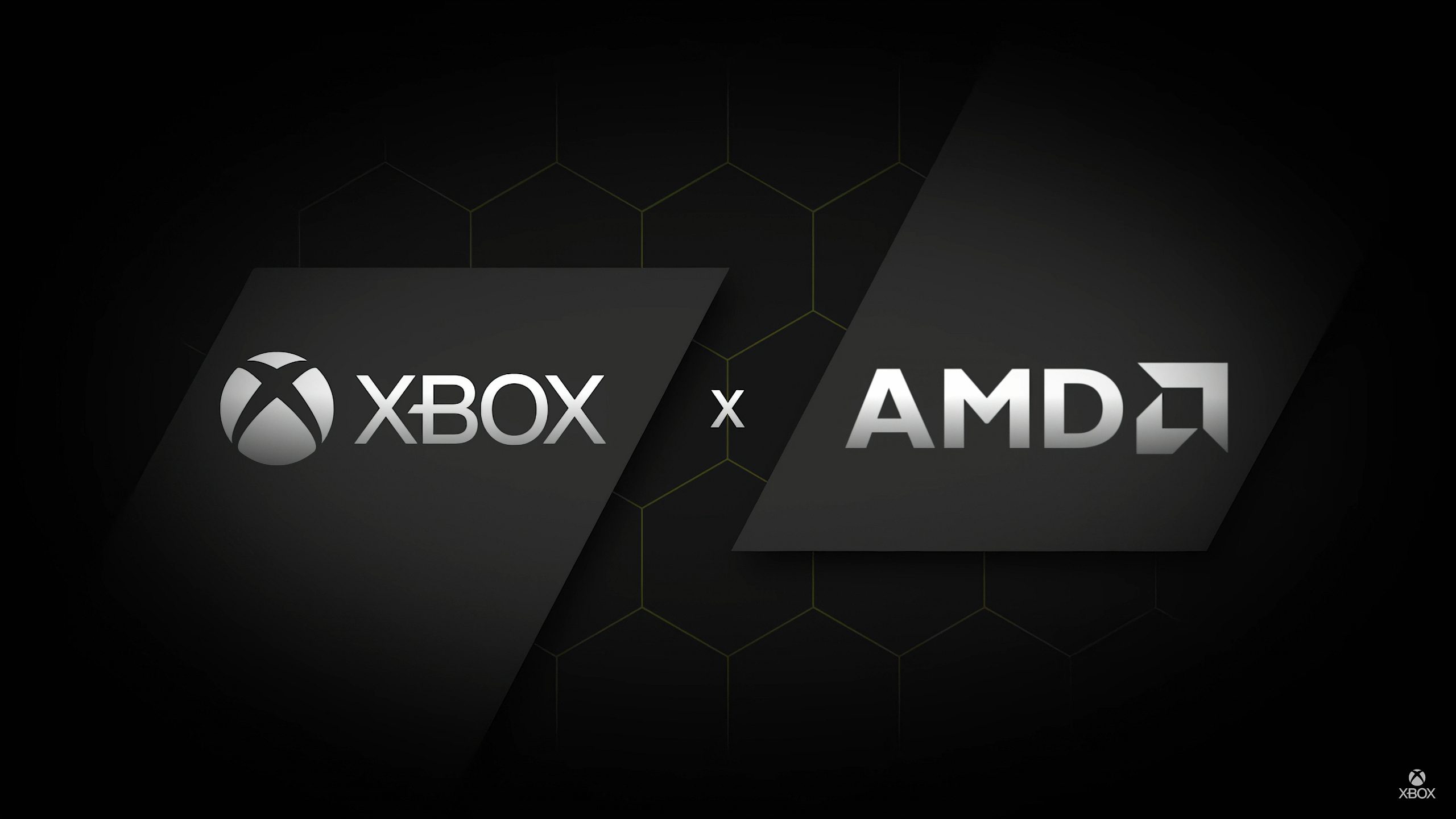If you tuned in to Google’s special keynote at GDC earlier today, you probably heard about their new cloud-based game streaming platform, Stadia. Today, we are excited to announce Unity will make Stadia an officially supported platform.
One of our core missions is democratizing game development. That means enabling developers to build for the platforms of their choice with accessible tools and workflows that make the process of creating easier.
Though we still have technical and engineering work ahead to ensure Unity developers have a smooth experience building for Stadia, here’s what our community needs to know.
What can I expect in building Unity games for Stadia?
Developers familiar with Unity today can expect recognizable tools and a very similar development process when building for Stadia.
What unique Stadia or Google features will be supported by Unity?
We expect to support all native features unique to Stadia that are required to publish your game and make use of platform capabilities. Stay tuned for more details on feature support later this year.
I develop in Unity today. When can I start creating and publishing to Stadia?
Google has already begun working with a number of early partners and studios and will continue to roll out developer access throughout 2019. If you’re interested in getting early access to the Stadia SDK, please check out the Stadia developer website. Unity developers can expect to start building for Stadia towards the end of 2019.
Can I port an existing Unity game to Stadia?
Yes, like all new platforms, Stadia will have the same Unity features and support developers are used to today. That means existing projects can be ported; however, they’ll need to be updated to the correct version of Unity.
Stadia will use Vulkan, so for developers that have written (or will write) custom rendering plugins and shaders that target Vulkan, please keep this in mind.
Stadia will also use a Linux-based operating system, meaning any native plugins must be compatible with Stadia’s OS. For Unity development, you’ll be able to use the editor on the Windows PC you’re using today – simply target Stadia as the platform to build.
Finally, Stadia will be an IL2CPP platform, so runtime game code must be compatible with IL2CPP in order to work on Stadia.
—
GDC ATTENDEES! If you’re at the conference, feel free to visit Unity’s Answer Bar in our expo floor booth (#S227) on Wednesday, March 20, from 10:00am-2:00pm where Stadia and Unity reps will be available to answer your questions. Note a GDC badge is required for the expo floor.
We’re excited at the huge potential of the Stadia platform. Follow us on Twitter as more details on Stadia development for Unity become available later in 2019.


